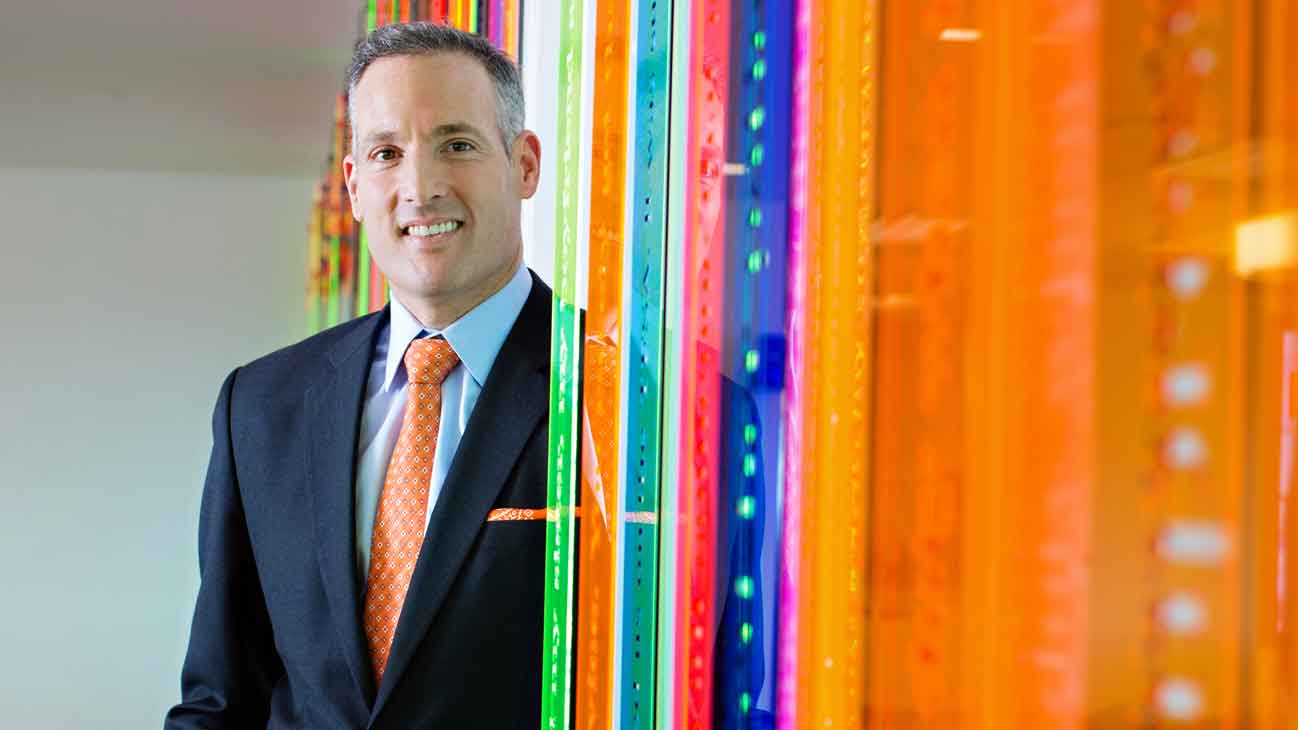Peter Aceto has the steady investment approach you’d expect from a banker. But the chief executive officer of Tangerine Bank and author of Weology came by his conservatism well before entering the banking industry almost 20 years ago.
He watched his entrepreneurial father make a few bad bets in the real estate and equity markets growing up. Mr. Aceto made a few risky investing moves himself early in his career, and tried his hand at real estate investing, which also didn’t work out.
The Globe and Mail recently spoke with Mr. Aceto about what’s in his portfolio and why he has more cash than his investment adviser would recommend:
What was your first investment?
I have a very vivid memory of a stock tip that I received in my mid-20s. It was a technology stock. I bought about $2,000 worth, which was a lot of money for me at the time. It became worthless. I was upset. There was significant angst. I’m grateful for that experience and what I learned about making uninformed investment decisions. I had three experiences like this; some worked out okay, some didn’t. I haven’t invested in a single stock on my own since.
What does your current portfolio look like?
About 50 per cent is with an investment adviser and the other 50 per cent is what my wife and I invest directly. We invest in index-linked, low-cost mutual funds. We’ve chosen not to do ETFs because, yes, it’s a lower cost, but there is still some management and work to do. We’re very busy and that’s not what we want to be good at. We also hold probably a little more in cash than an investment adviser would recommend. It’s about 10 per cent. That has a lot to do with our level of conservatism. Even though interest rates are low, we feel like we have to have an emergency fund. We feel safe to know there’s cash around than we can live off of for about a year if we had to.
What direction do you provide your investment adviser, if any?
We have a view about risk tolerance: Any money we give to our investment adviser is for retirement. We have a long-term horizon on that money. But we provide no direction in terms of sectors. We know the adviser looks for companies with reliable and growing dividends over time. That’s an important investment criterion. Geographically, it’s primarily U.S. and Canada. In our mutual-fund portfolio, we have more global diversification.
Have you changed your investment strategy recently, given the current market volatility?
We invest at a regular cadence. We generally don’t change the behaviour and try to ignore what’s going on in the market. Right now, I’d like to invest more in the equities market and my wife would like not to, which shows a little difference in our risk tolerance. We don’t look for a bottom or try to time the market. Our investment adviser shares that view. We aren’t looking for giant windfalls. We have personal experience about where that can go.
What’s been your best investing move to date?
We lived in the United States for seven years [when he was with ING Direct USA]. By pure good luck, every time we sold our house, we made money. It wasn’t a conscious investment. I also think our steady investing approach has been a great move. When times are difficult, we are generally happy because we don’t have too much debt and are saving in a systematic way.
What has been your worst investment move?
It was the one time we owned a house and became landlords here in Toronto. It wasn’t about awful tenants; it was about being a landlord. I’m not particularly handy, so I couldn’t solve some of the little problems that would come up. It was a memorable experience my wife and I aren’t interested in doing again. We sold the house after about two years. There was no windfall.
What advice do you have for others, based on your investing to date?
There’s no doubt the key lesson for me is, if you’re not thoughtful about what you do with your money and if you take risks that you don’t understand, there is a very big likelihood that you can lose a lot.

